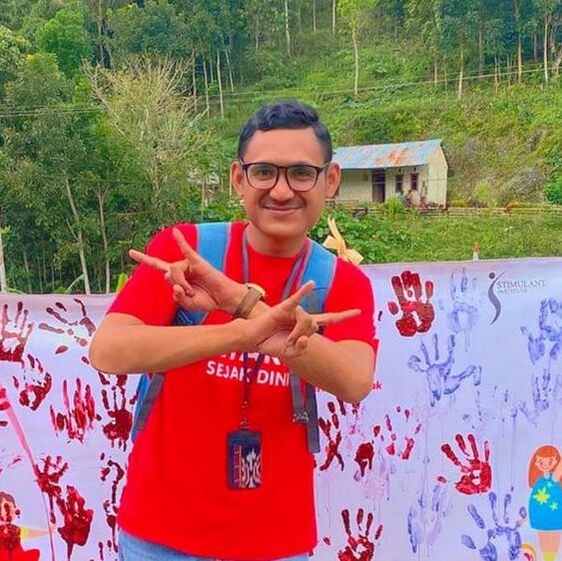Waliku's first use-case and proof-of-concept implementation was in Sumba Barat, Indonesia, where net attendance for primary school students in 2014 was 80 percent. Endemic to falciparum-malaria, with poor water, sanitation, and geographically dispersed health service points, Sumba Barat has had school-age children die of preventable illness such as diarrhea and malaria.
After a feasibility study in 2017 to elicit community perspectives on barriers to student attendance and well-being, and their desire and capability to engage, Waliku was introduced in Sumba Barat across five schools in the 2018-19 academic year.
Our Objectives:
After a feasibility study in 2017 to elicit community perspectives on barriers to student attendance and well-being, and their desire and capability to engage, Waliku was introduced in Sumba Barat across five schools in the 2018-19 academic year.
Our Objectives:
- Simplify the process for district education offices to retrieve school data on students and staff every month
- Improve efficiency of schools with administrative tasks of recording staff and student attendance
- Supporting teachers in their follow up and counselling of absentees
- Support schools' COVID screening procedures, and the identification and referral of very sick students to local clinics
Location |
Duration |
Schools To Date |
No. of Children |
Sumba |
2017-2022 |
34 |
8754 |
Bandung |
2021-2022 |
15 |
3500 |
country counterparts
|
|
|



